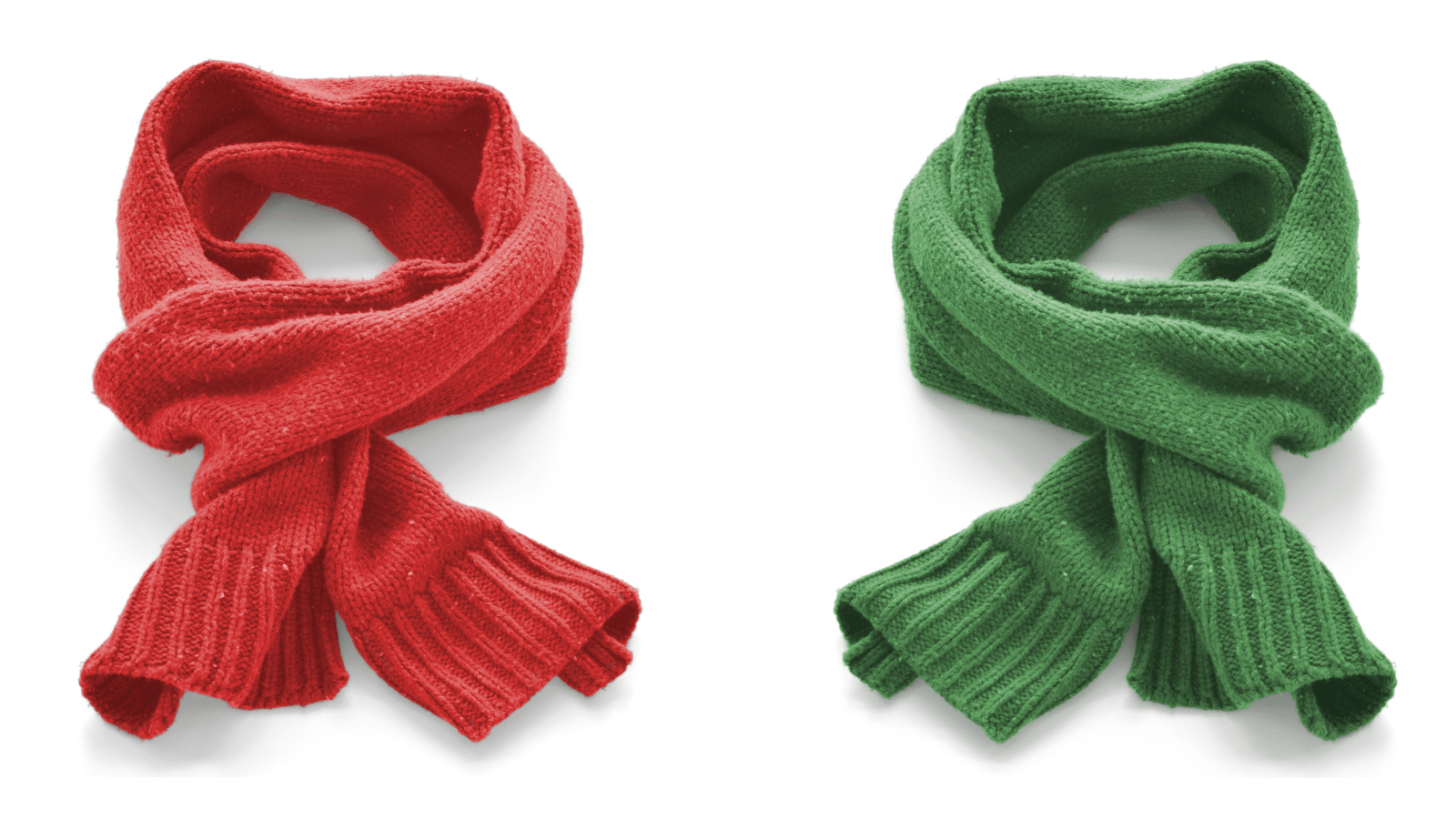Wearing Clothes Made of Different Fabrics (Leviticus 19:19)

The Bible condemns wearing garments made of mixed fabrics, a peculiar prohibition in the modern day where diverse fabric blends are standard. This ancient directive seems peculiar when considering the evolution of textile manufacturing and fashion.
Planting Different Crops in the Same Field (Leviticus 19:19)

Leviticus discourages planting different crops side by side, a practice that clashes with contemporary agricultural principles. Modern farmers embrace crop rotation for soil health and productivity, making this biblical injunction seem out of sync with current agricultural practices.
Trimming the Edges of Your Beard (Leviticus 19:27)

Leviticus advises against trimming the edges of one’s beard, a notion that seems unconventional in a time when grooming practices and styles vary widely, and facial hair is a matter of personal preference rather than religious mandate.
Eating Shellfish (Leviticus 11:10)

The Bible deems the consumption of shellfish, like shrimp and lobster, as an abomination. This ancient dietary restriction appears unusual in the modern context where shellfish is widely enjoyed and considered a delicacy in various cuisines.
Getting Tattoos (Leviticus 19:28)

Leviticus prohibits the marking of one’s body with tattoos, a stance that contrasts with the widespread acceptance and popularity of tattoos as a form of self-expression in contemporary culture.
Mixing Meat and Dairy (Exodus 23:19)

Exodus warns against boiling a young goat in its mother’s milk, a biblical mandate that has evolved into strict kosher dietary laws. In today’s culinary landscape, the separation of meat and dairy is less about religious adherence and more about personal dietary choices.
Wearing Gold Jewelry (1 Timothy 2:9)

The New Testament discourages women from adorning themselves with gold, a guideline that seems odd in the modern world where personal style and the use of jewelry are diverse and not inherently tied to moral conduct.
Men Shaving Their Beards (Leviticus 19:27)

Leviticus also discourages men from shaving their beards, a directive that contrasts sharply with contemporary grooming practices where the choice to be clean-shaven or bearded is a matter of personal preference rather than religious obligation.
Crossbreeding Animals (Leviticus 19:19)

Leviticus frowns upon crossbreeding different species of animals, a concept at odds with modern agriculture and scientific practices aimed at enhancing desirable traits in livestock through selective breeding.
Eating Blood (Leviticus 17:10)

Leviticus prohibits consuming blood, a directive that appears peculiar in today’s culinary landscape where blood is not a common ingredient, and modern food safety standards prioritize thorough cooking.
Wearing a Garment with Two Types of Material (Deuteronomy 22:11)

Deuteronomy forbids the wearing of clothing woven with both wool and linen, a prohibition that seems arbitrary in the context of contemporary fashion, where fabric blends are commonplace and don’t carry moral or religious implications.
Mixing Seeds in a Vineyard (Deuteronomy 22:9)

Deuteronomy advises against sowing a vineyard with different kinds of seeds, a directive that runs counter to modern agricultural practices promoting biodiversity and sustainable farming methods.
Divorcing and Remarrying (Mark 10:11-12)

Mark’s gospel takes a strict stance against divorce and remarriage, a position that appears at odds with modern legal and social frameworks that recognize and facilitate the dissolution and subsequent legal unions.
Eating Fat (Leviticus 7:23)

Leviticus prohibits consuming fat, a dietary restriction that seems peculiar in contemporary times, where dietary guidelines often focus on the type of fat rather than an outright prohibition.
Having a Blemish as a Priest (Leviticus 21:17-23)

Leviticus outlines strict criteria for priests, forbidding those with physical deformities from serving at the altar. This seemingly discriminatory requirement stands in stark contrast to modern inclusivity principles.
Taking Oaths (Matthew 5:34)

Matthew advises against taking oaths, a stance that may appear odd in a legal and contractual landscape where sworn statements and commitments are standard practice.
Wearing Long Hair if You’re a Man (1 Corinthians 11:14)

1 Corinthians suggests that it is unnatural for a man to have long hair, a viewpoint that contrasts with contemporary norms where hairstyles are diverse and not inherently tied to gender roles.
Women Remaining Silent in Church (1 Corinthians 14:34-35)

1 Corinthians dictates that women should remain silent in church, a directive that seems out of place in today’s context where inclusivity and equal participation are valued in religious and secular settings alike.
21 Things That Shout You’re “Lower Class” According To Men

Class wars creep up in all aspects of life, including dating. We take a look at the things that men believe are telltale signs that you are lower class.
21 Things That Shout You’re “Lower Class” According To Men
Boomer Zoomers vs. Millennial Meh: 10 Cars the Older Gen Loves but Millennials Just Can’t Stand

The change in the automotive industry has been incredible over the year. Baby boomers born between 1946 and 1964 can’t get enough of the cars listed below, as muscle cars emerged in the 1960s, and new technologies appeared in the 1970s and 1980s. You can imagine why boomers genuinely appreciate these vehicles.
Boomer Zoomers vs. Millennial Meh: 10 Cars the Older Gen Loves but Millennials Just Can’t Stand
Across the Pond Disdain: 18 Horrendous American Habits Foreigners Just Can’t Stomach

There is a lot to love about America, from the bright lights of New York to the incredible breakfasts, but foreigners also dislike many things. We look at everything from poor public transport to an intimidating tip culture, sharing 18 things that America could be better at.
Across the Pond Disdain: 18 Horrendous American Habits Foreigners Just Can’t Stomach
Out with the Old: 18 Gen X Fads That Millennials and Gen Z Just Can’t Vibe With

While some old habits die hard, there are some things that Gen X need to eliminate as they are no longer relevant.
Out with the Old: 18 Gen X Fads That Millennials and Gen Z Just Can’t Vibe With
18 Unpleasant States You Might Want to Skip on Your Next Trip

When thinking of America, we don’t expect there to be boring or unpleasant places to visit. We see all the different states on the TV, and they show the best parts. However, there are some states you won’t want to visit, and you should brace yourselves if you ever happen to stumble into them.
18 Unpleasant States You Might Want to Skip on Your Next Trip






